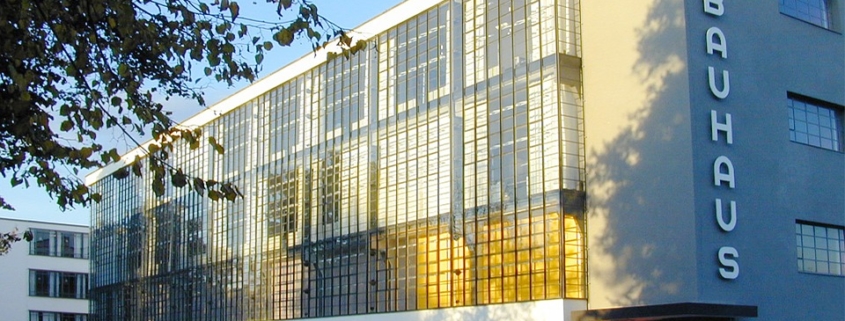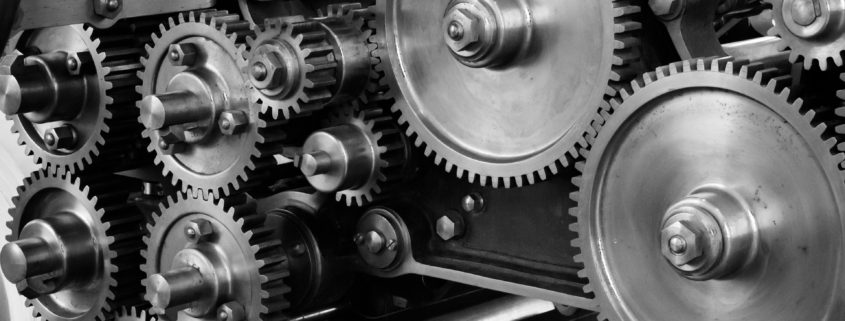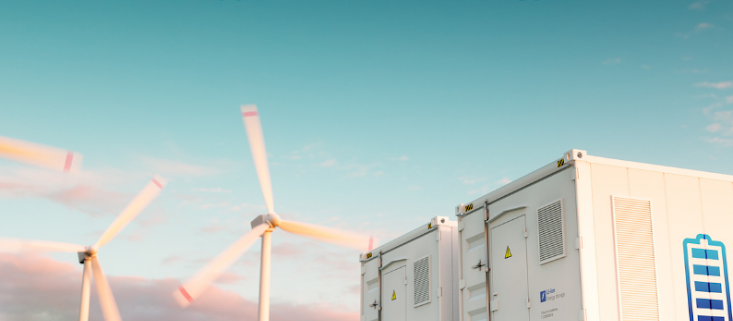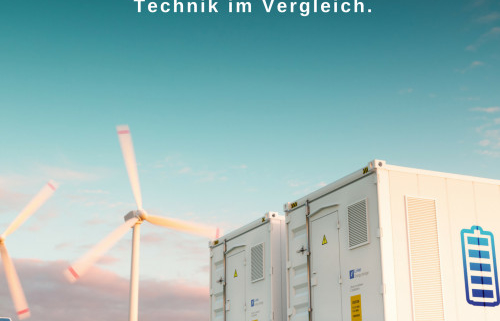Hellschreiber – or the devil’s writing
Article by HE Translations marketing representative Mike Gayler
Those of a certain age will remember both telexes and fax machines. If you are a mere youngster, let me try to explain:
Telex was a way of sending typed messages from one ‘typewriter’ to another (please tell me you do vaguely know what a typewriter is? No? OK – let’s say from one keyboard to another).
The sending operator typed the message into his keyboard and it was sent through the phone system to the receiving keyboard, where the message would be printed out. How, you ask, did it get to the right place? Every keyboard had its own identification – originally not a number, but a name. Names like ‘Interflora’ , ‘Interpol’ or ‘Insurance’.Continue reading full article…

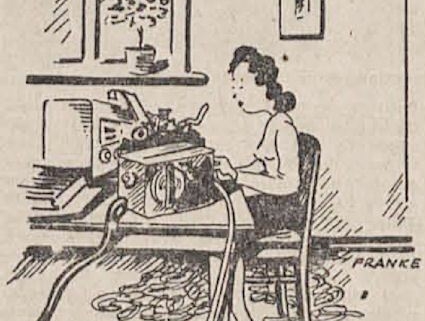

 The English word boostern has just won a coveted prize, unexpectedly being chosen as Germany’s 2021
The English word boostern has just won a coveted prize, unexpectedly being chosen as Germany’s 2021 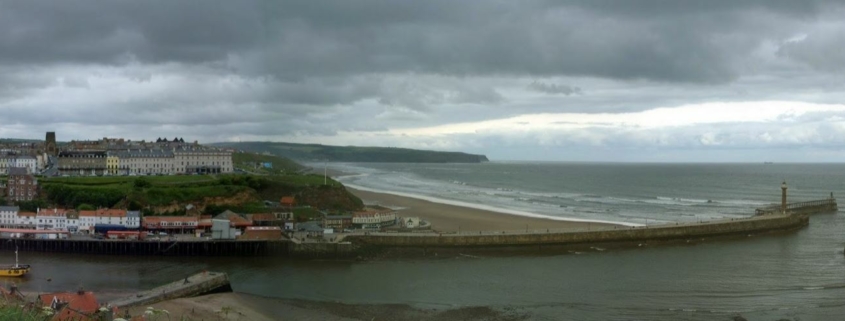
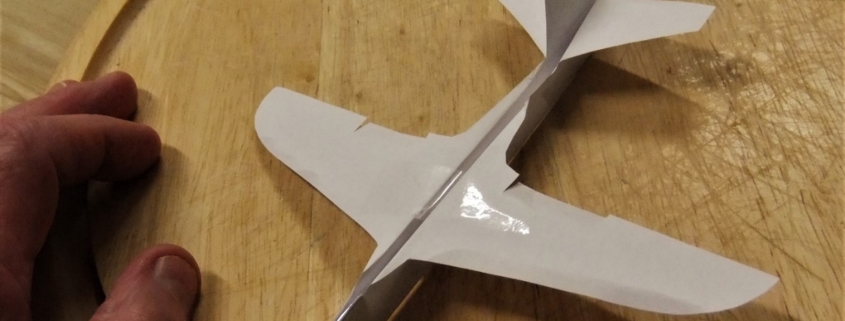
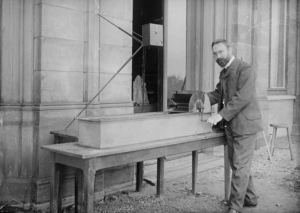

 The unicorn has captured the human imagination since the earliest days of India, appears in the
The unicorn has captured the human imagination since the earliest days of India, appears in the 